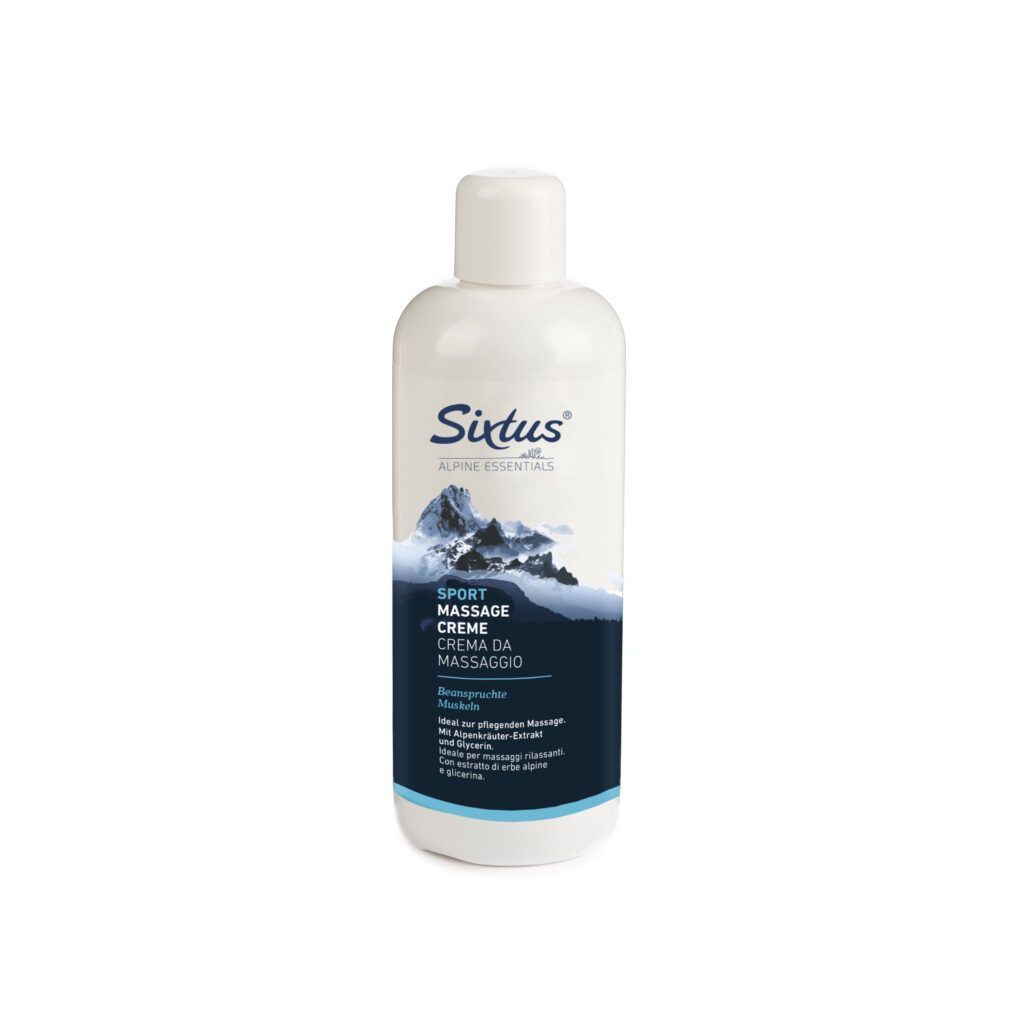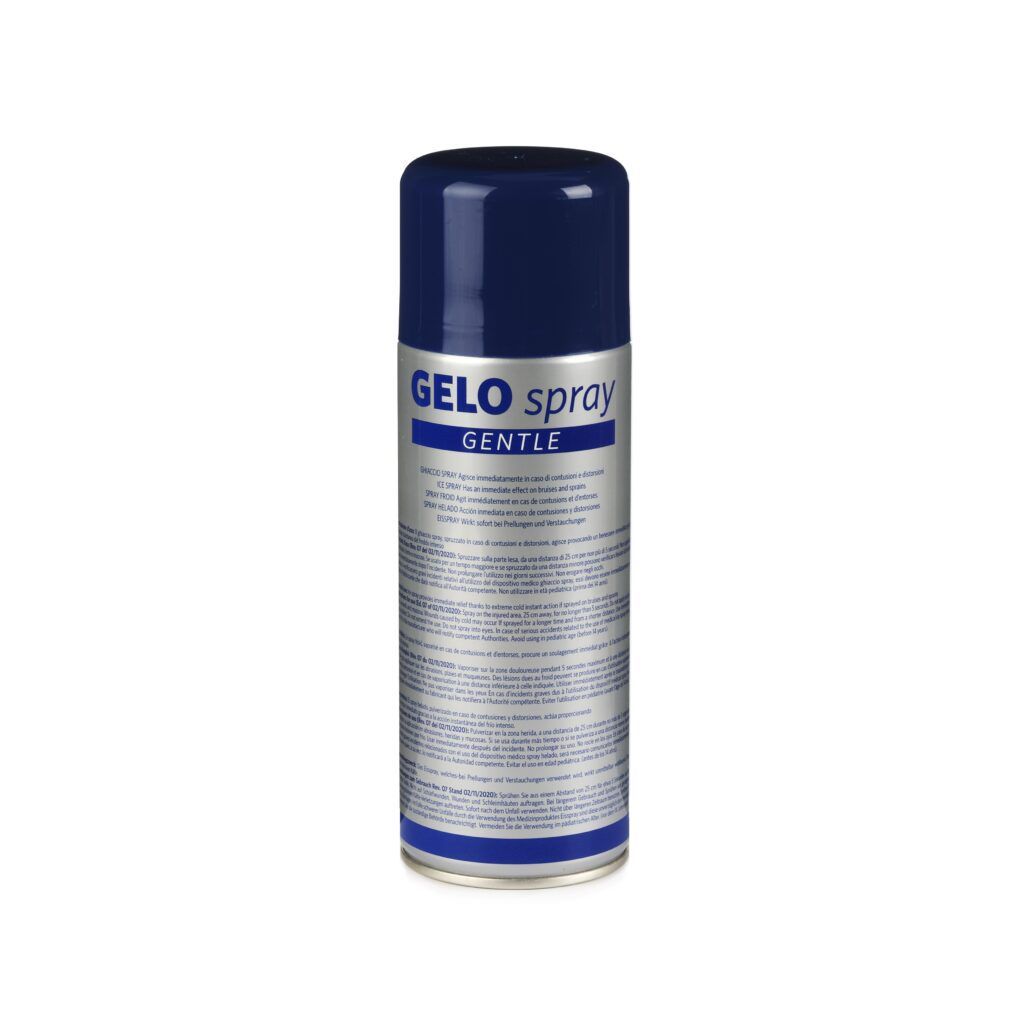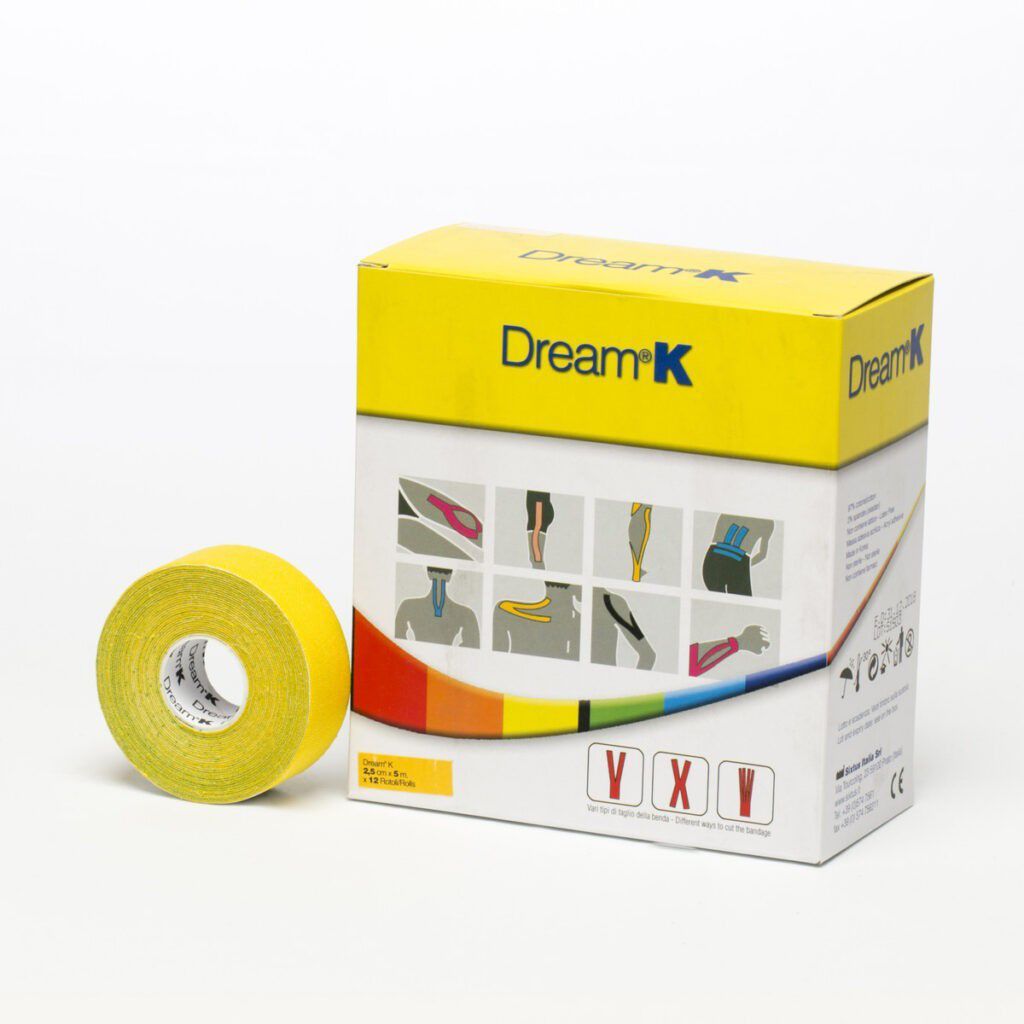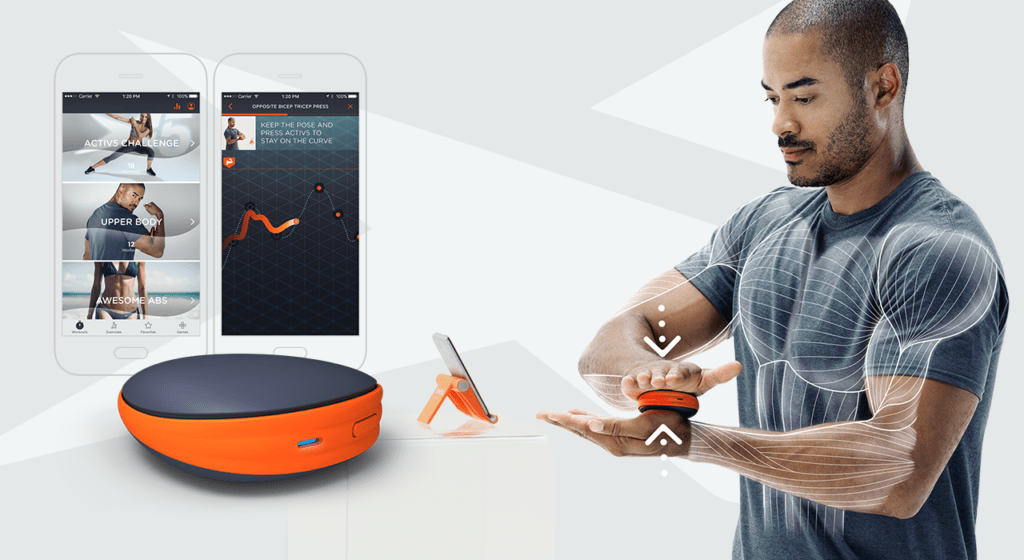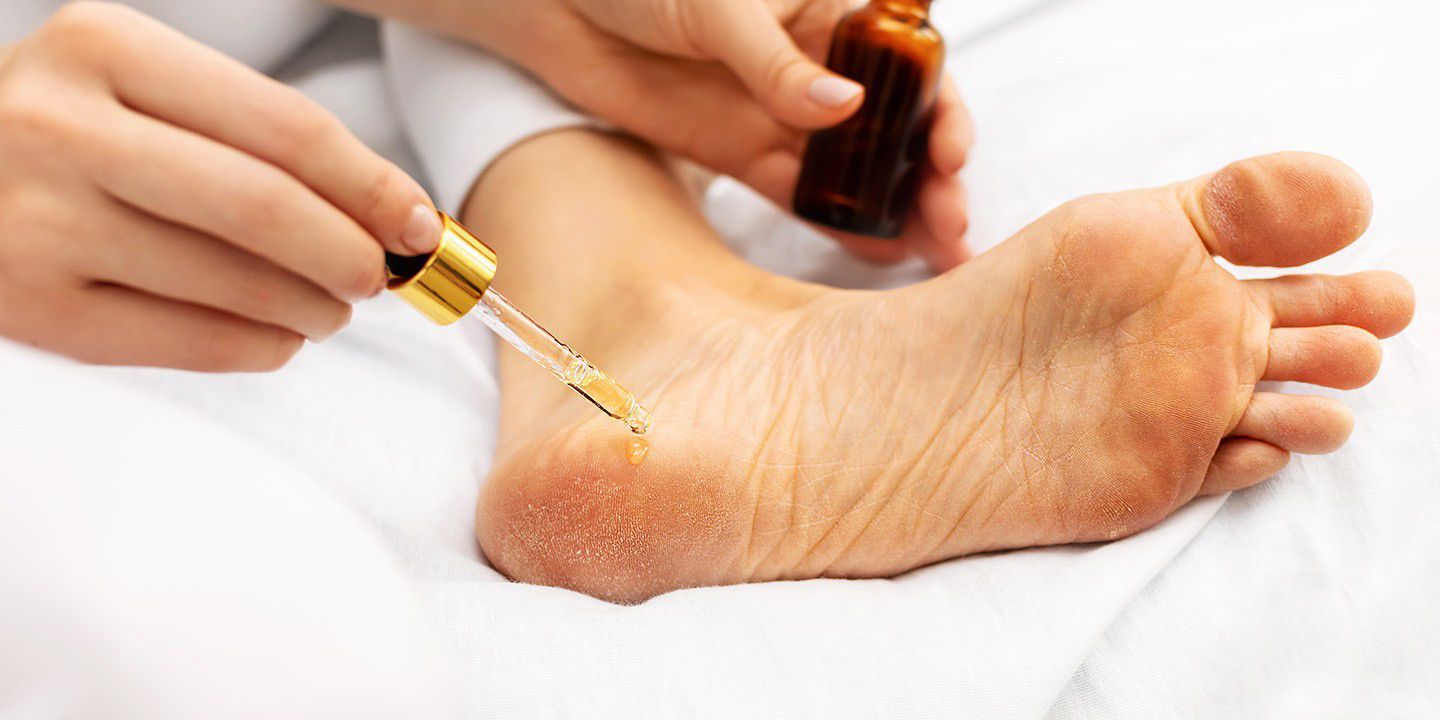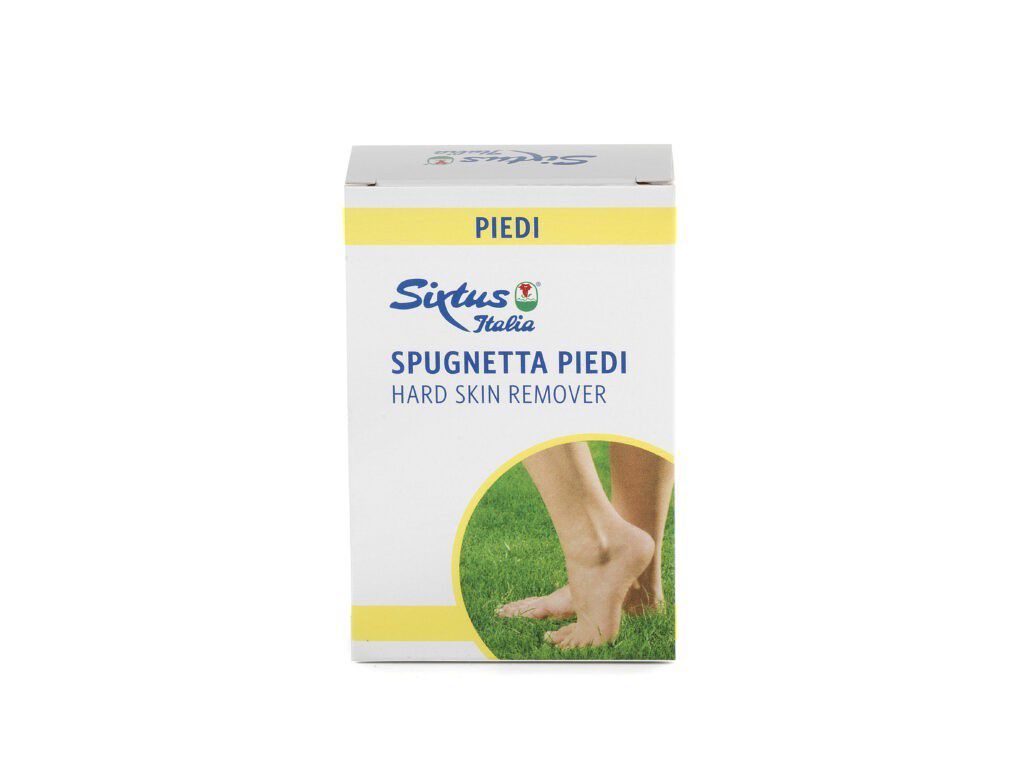Wellness
- Foot creams and nail care
- Insoles and heel pads
- Massage creams and oils
- Products againsts blisters, callules and corns
Massage creams and oils
Highlights
Not to be missed

Care and first aid
- Disinfectants and hand sanitisers
- Dressings
- Instant cold packs and spray
- Protective equipment
Dressings
Not to be missed

Taping
- Neuromuscular and proprioceptive taping
- Professional accessories for taping
- Taping and strapping
Not to be missed

Fitness
Physiotherapy supplies
Not to be missed

Dietary supplements
Highlights
Not to be missed


